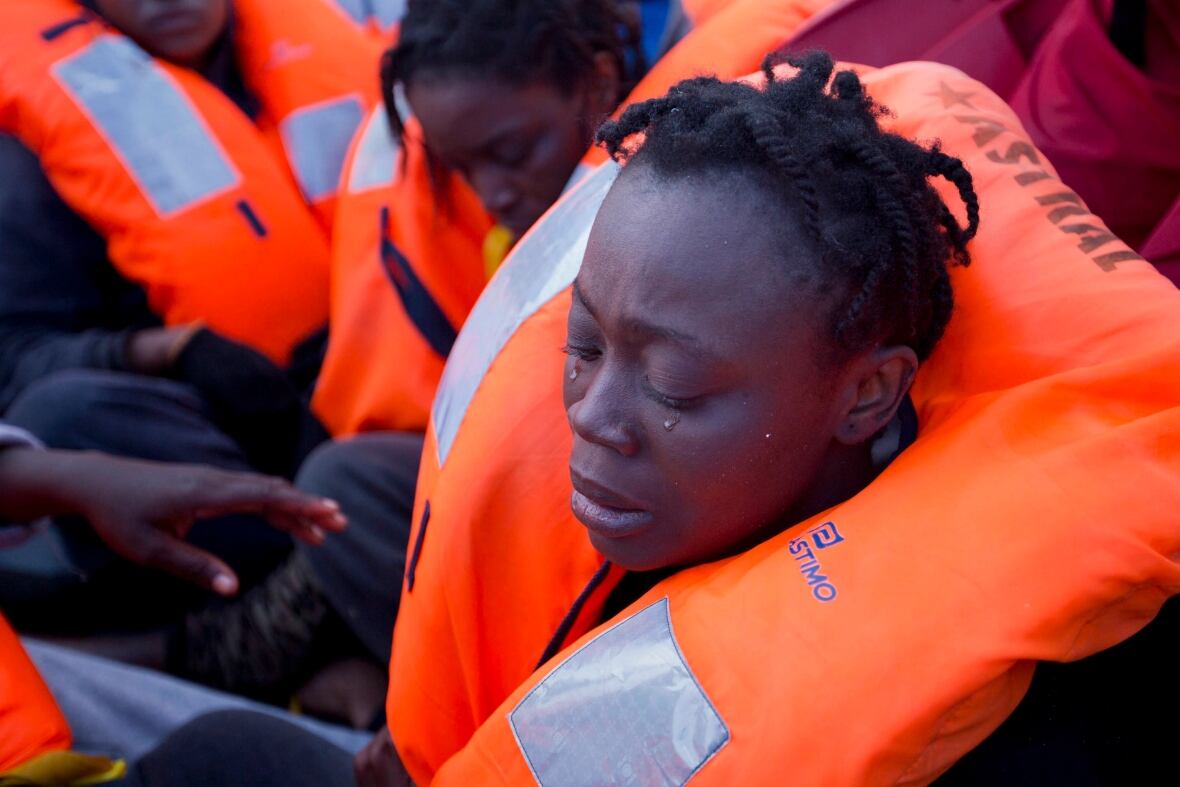About 2,000 migrants rescued in Mediterranean
Asylum-seekers were travelling on about a dozen boats

About 2,000 migrants were rescued from rubber boats and wooden vessels in the Mediterranean between Friday and Saturday, the Italian coast guard said, releasing video of the rescue operations.
Nine rescue operations were carried out on Saturday to pull more than 600 migrants to safety, the coast guard said. The migrants were rescued from seven rubber boats and two small vessels.

Meanwhile, on Friday, more than 1,300 migrants were rescued in 13 operations, the coast guard said.
According to the coast guard the migrants were travelling on 10 rubber boats, two small wooden boats and one larger boat. No details of the migrants' origin, gender or age were released.

The arrivals came as European leaders on Friday offered Libya money and other assistance to try to curb record migrant flows from the North African country. Aid groups criticised the move, saying such plans exposed migrants to further risks and abuses.
Last year, 363,000 people crossed the sea for European destinations, primarily Italy and Greece, according to the UN.
- The rescuers: come aboard a ship that saves asylum seekers in the Mediterranean
- 90 migrants dead after boat disintegrates in Mediterranean
- Refugee death toll in Mediterranean Sea this year deadliest ever, says UN
About 5,000 were either killed or disappeared during the journey.